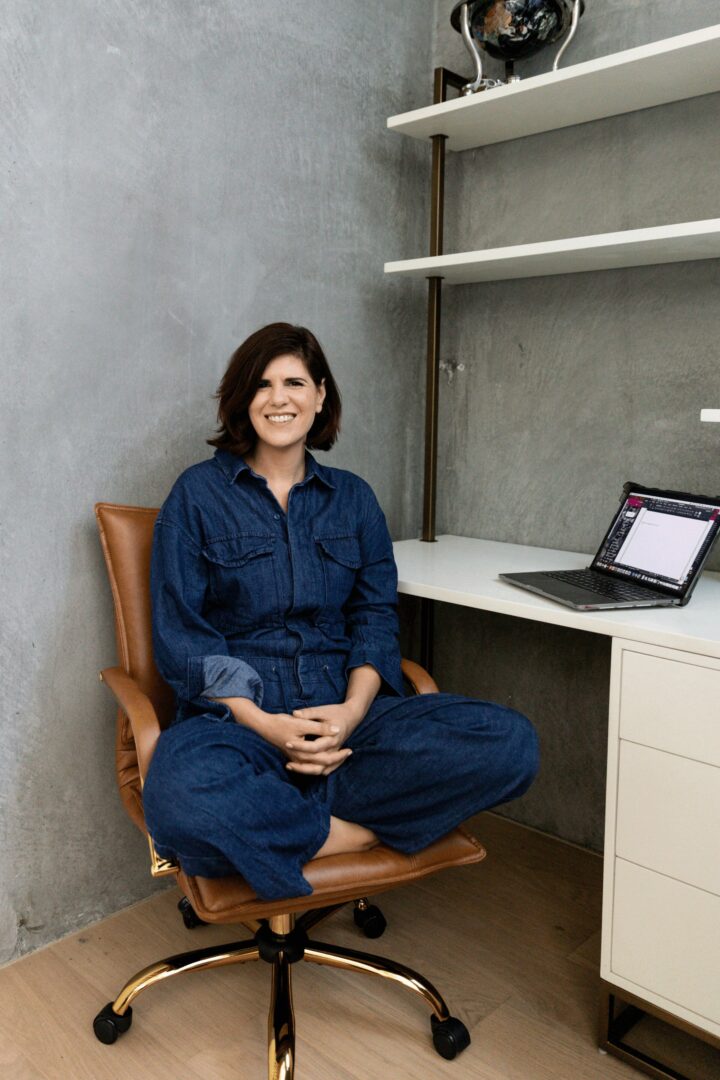We caught up with the brilliant and insightful Anne Kiehl Friedman a few weeks ago and have shared our conversation below.
Hi Anne Kiehl, we’re so appreciative of you taking the time to share your nuggets of wisdom with our community. One of the topics we think is most important for folks looking to level up their lives is building up their self-confidence and self-esteem. Can you share how you developed your confidence?
Therapy, psychedelics, but most of all: lots and lots of practice. I grew up, as many of us do, striving for perfection. I thought it would keep me safe and get me loved. I thought if I were skinny enough, smart enough, pretty enough, kind enough, successful enough, etc., etc., etc., ad nauseam… that would put me beyond criticism. Being invulnerable to criticism appealed to me because even the smallest barbs hurt so much. I started cutting myself in eighth grade because a teacher told me I talked too much in front of the entire class and I felt eviscerated by it. Talked too much meant self-absorbed, arrogant, and obnoxious. Who could like someone like that, much less love them? It took me decades to understand that we don’t love people because they’re perfect. Perfect is slick, surface-level, and unrelatable. When have you ever felt closer to someone because they seemed perfect from the outside? Oddly enough, it was a psychedelic experience with a palm tree that cemented this insight for me. I was on about 75mcg of acid and became mesmerized by the beauty of nature. A palm tree my mom planted in honor of my niece’s birth had finally produced coconuts and they were spectacular. Up and down, from the tips of the fronds to the trunk, the tree teemed with life. I saw geckos, birds, insects, lichen, fungi, all of too many different types to identify, all living in the ecosystem the palm tree provided. It was beautiful because it was dynamic, vibrant, and alive. Not because it had been pruned or manicured or controlled. I finally saw “perfection” as an undesirable illusion and it broke the spell for me. I stopped measuring myself against the yardstick of what I thought society wanted me to be, and started measuring against my own values. Ultimately, confidence and self-esteem come from knowing who you are and being comfortable with that. Shame is what gets in the way. So much of my shame came from feeling like, if people knew the truth of me–how completely imperfect I was–I would be rejected so I had to hide. Realizing that it was the opposite–that the more I showed people the truth of myself, the more they could love me–is what liberated me to love myself.

Appreciate the insights and wisdom. Before we dig deeper and ask you about the skills that matter and more, maybe you can tell our readers about yourself?
Right now, I’m focused on building the Psychedelic Communications Hub, a non-profit I co-founded to help demystify and destigmatize psychedelic healing. There is a ton of information emerging from some of the most respected research institutions (Harvard, Stanford, Johns Hopkins, and more) that psychedelics hold incredible promise to treat some of society’s most intractable diseases, including PTSD, depression, and anxiety, not to mention chronic pain, fear of death for terminal cancer patients, and even eating disorders. Misinformation and stigma are keeping us from unlocking the potential of the medicines and people are dying in the meantime. I don’t mean to be melodramatic about it but the Advisory Committee to the FDA just advised against approving MDMA for the treatment of PTSD despite clinical data showing that more than two-thirds of trial participants no longer qualified for a PTSD diagnosis after two treatments. PTSD is an epidemic in the US that takes the lives of 20+ veterans every day. If the results of the clinical trials apply to the broader population, it would mean we could save at least 13 of those lives, every day, if everyone who needed it had access. And that’s just talking about veterans. Think about all the women who have suffered sexual violence and have PTSD from that. Think about all the caregivers, children, and spouses whose families are destroyed by suicides from PTSD. Think about victims of war, domestic violence, and natural disasters. Everyone is affected by PTSD, whether directly or by arm’s length, and we have treatments that could lessen the burden of suffering if we simply allowed the science to speak for itself. I’m really passionate about getting people to open their minds to the potential of psychedelics for healing because I think it can save lives. Just so they seem so magical, emerging research suggests that the healing potential of psychedelics may exist in their ability to reopen “critical periods” in the brain, allowing us to rewire thought processes and patterns in healthier ways. Even more nascent research suggests that psychedelics may reset the inflammatory response leading to decreases in physical and chronic pain. We really don’t know how these substances work but their potential demands more research and funding, especially as lives hang in the balance. I wrote Higher Love: A Psychedelic Travel Memoir of Heartbreak and Healing to help people understand what it’s like to take, and be healed by, these substances so that there’s less fear and misunderstanding about them. Our minds are the only places we can never leave and it feels cruel to confine people to suffering when there are medicines that can help.
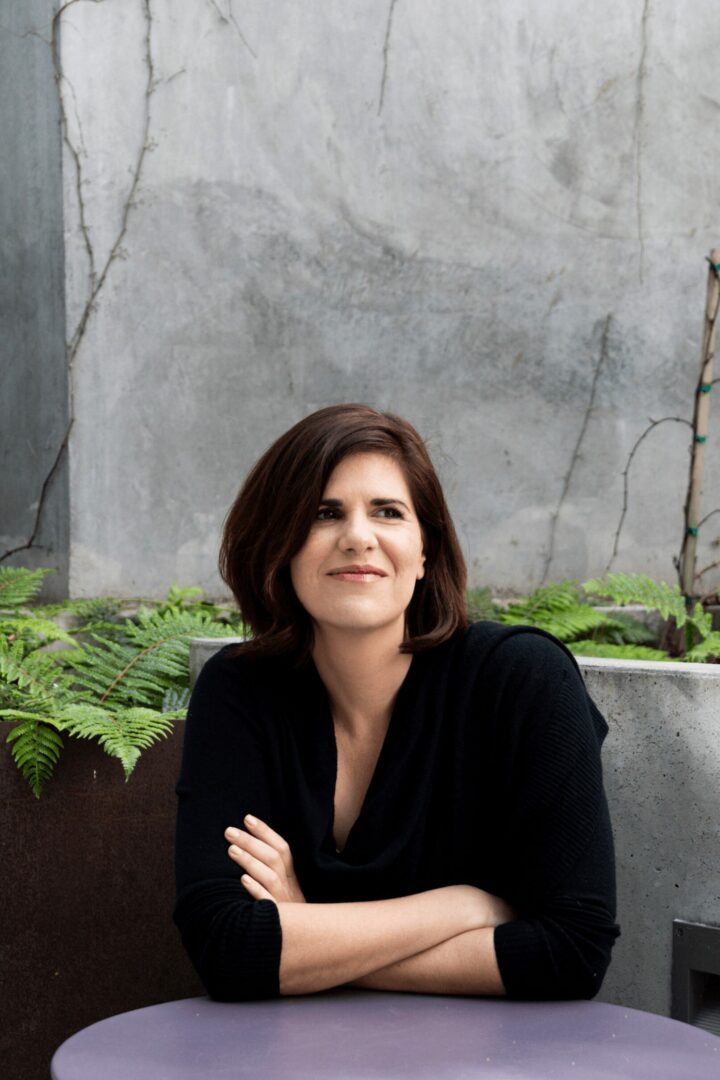
Looking back, what do you think were the three qualities, skills, or areas of knowledge that were most impactful in your journey? What advice do you have for folks who are early in their journey in terms of how they can best develop or improve on these?
Introspection, yoga, and good friends/therapy. For those of us who are sensitive, empathetic, and/or experienced trauma in our childhoods, it’s really easy to be so focused on how other people are feeling that we aren’t connected with ourselves. I got very good, very young, at (energetically) jumping into other people’s bodies to know and manage how they were feeling. I was really good at seeing myself through others’ eyes to control their experience of me. I got so good that I got disconnected from my first-person experience of the world. If I got in a fight with someone, I was more likely to be able to explain why they were upset than why I was. I abandoned my own perceptions, experiences, and reality, when they conflicted with someone else’s. This meant that I was constantly doing calculus to figure out how and who to be in any given situation so people would like me. That’s a really great way to lose yourself. Introspection, yoga, and good friends/therapy helped me get back in touch with myself. Introspection helped me slow down and figure out what I was feeling. Yoga got me listening to my body, listening to its wisdom and truth, and realizing that my instincts were trustworthy. Good friends and therapy helped me finally settle down into a sense of security that who I am is good enough, and that I don’t want to please everyone even if I could. The only advice I have on developing these skills and relationships is: practice. Practice, practice, practice. When you’re getting anxious or insecure, ask yourself, “What triggered this? What is the deepest feeling it’s pulling on? How can I give myself what I need in this moment?” When you’re sad and feeling not good enough, move your body. Ask if it has anything to tell you, and then–this is the most important part–listen. Let your body communicate with you and trust it. Finally, with good friends and therapy, practice finding fracture and repair. The thing about relationships is that they deepen when you work through hard stuff together. Life is always providing hard stuff. Practice using conflicts to find stronger relationships, and move away from the relationships that don’t get stronger when you confront hard things together. If you confront someone, reasonably, about their behavior, and they react unreasonably, that’s not a person you can trust to find healthy resolution. Enjoy their company as much as you can but know that relationship is likely to be wounding rather than healing.

Thanks so much for sharing all these insights with us today. Before we go, is there a book that’s played in important role in your development?
I love this question and can’t answer with just one! Radical Acceptance by Tara Brach helped me learn to sit with powerful emotions, name them, and not (necessarily) react. Braiding Sweetgrass by Robin Wall Kimmerer is among the most beautifully written books I’ve ever read, and helped me dismantle some Western paradigms of thought that kept me feeling existentially lonely. Luvvie Ajayi Jones’s Professional Troublemaker led me to write my oriki that helped me reconnect with the power of my mother’s line of the family. What We Don’t Talk About When We Talk About Fat by Aubrey Gordon helped me undo so many of society’s messages around body size and think critically about anti-fatness as a justice issue. The Wisdom Jesus by Cynthia Bourgeault helped me heal some religious wounding and reframe Jesus as a wisdom teacher in the Buddhist tradition which was far less off-putting to me than some Christian portrayals. There are plenty more but I’ve already given 5x more than asked for so I’ll stop here 🙂
Contact Info:
- Website: https://annekiehlfriedman.com
- Instagram: @annekiehl
- Linkedin: https://www.linkedin.com/in/annekiehlfriedman/
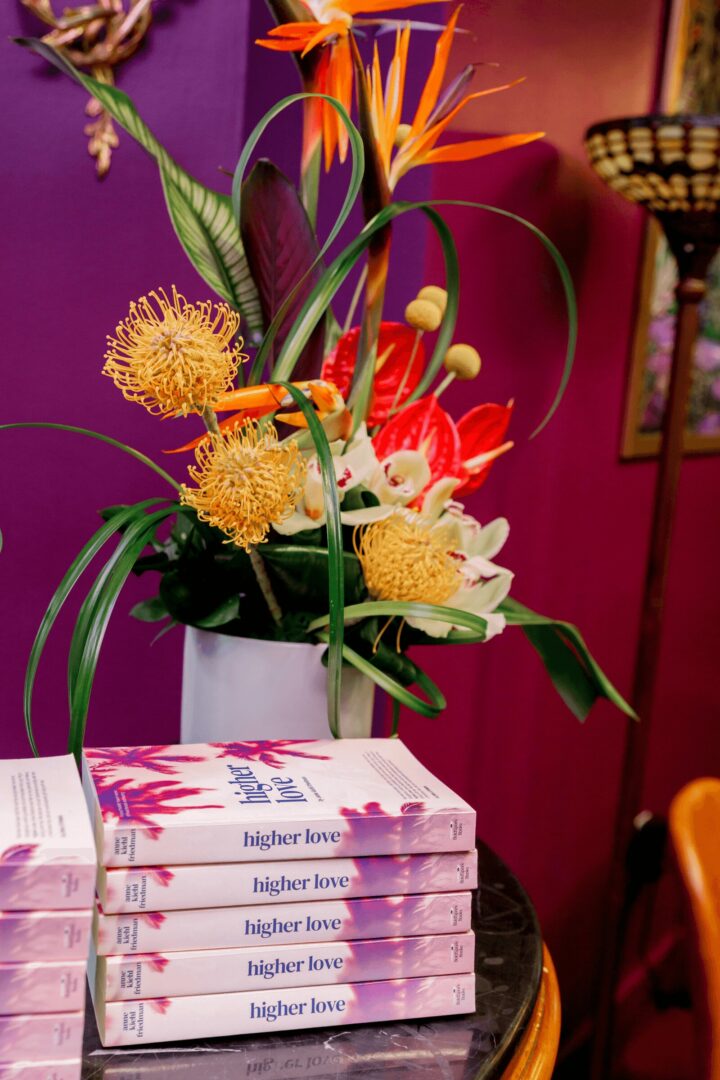
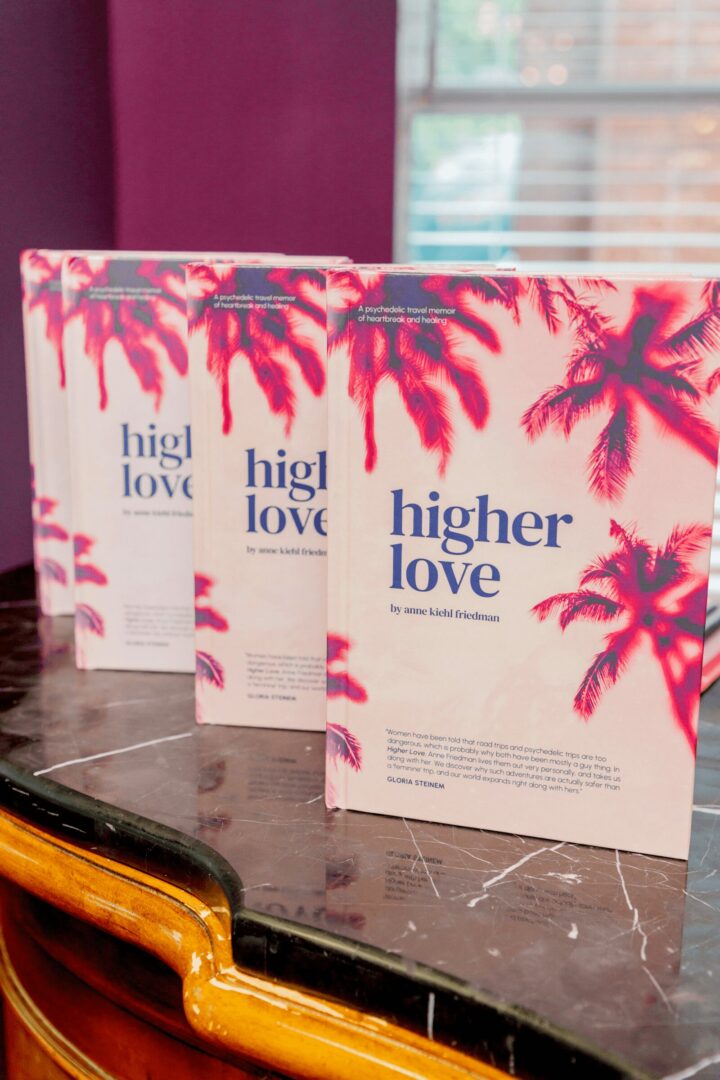
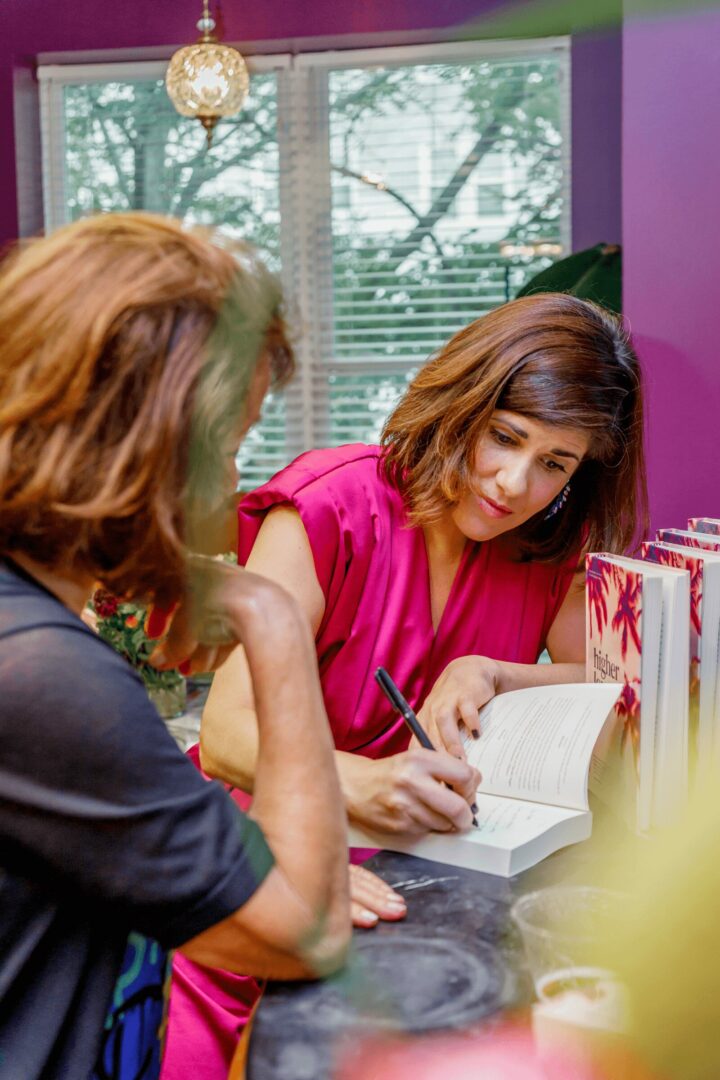
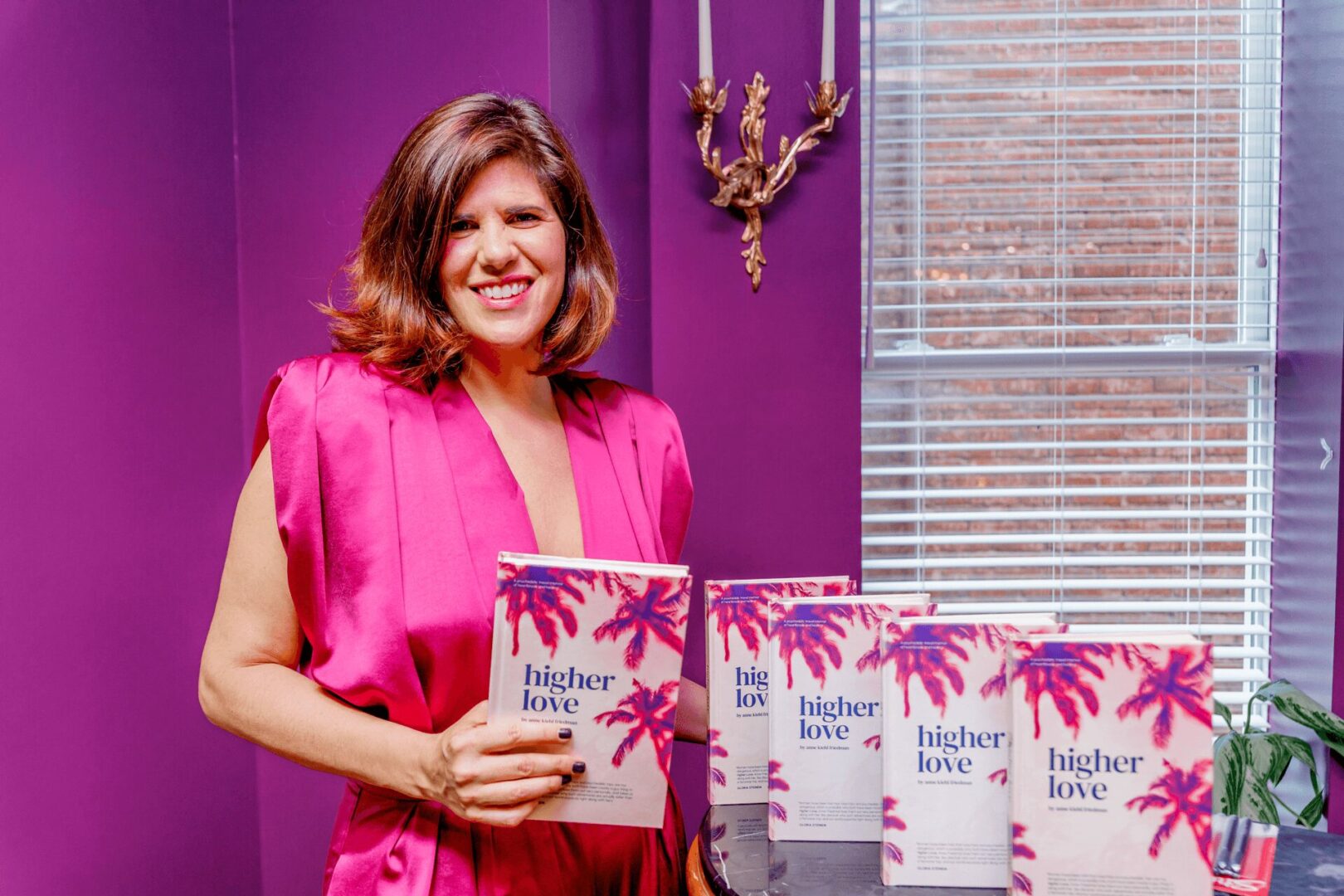
Image Credits
Danielle Flowers @amberirisphotography
so if you or someone you know deserves recognition please let us know here.

